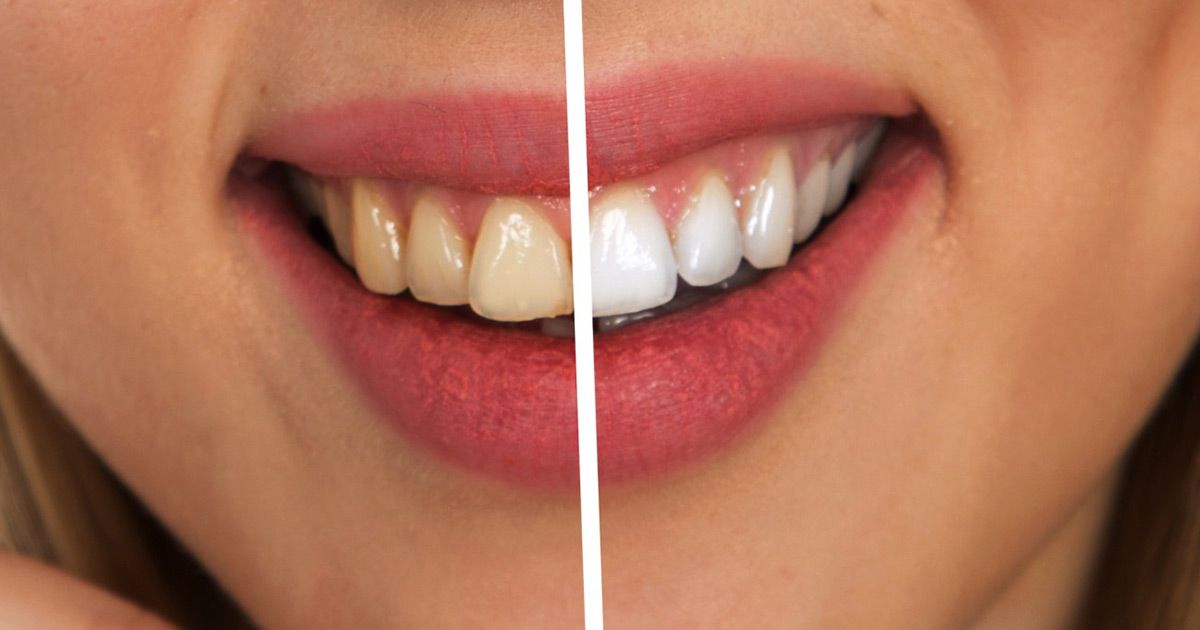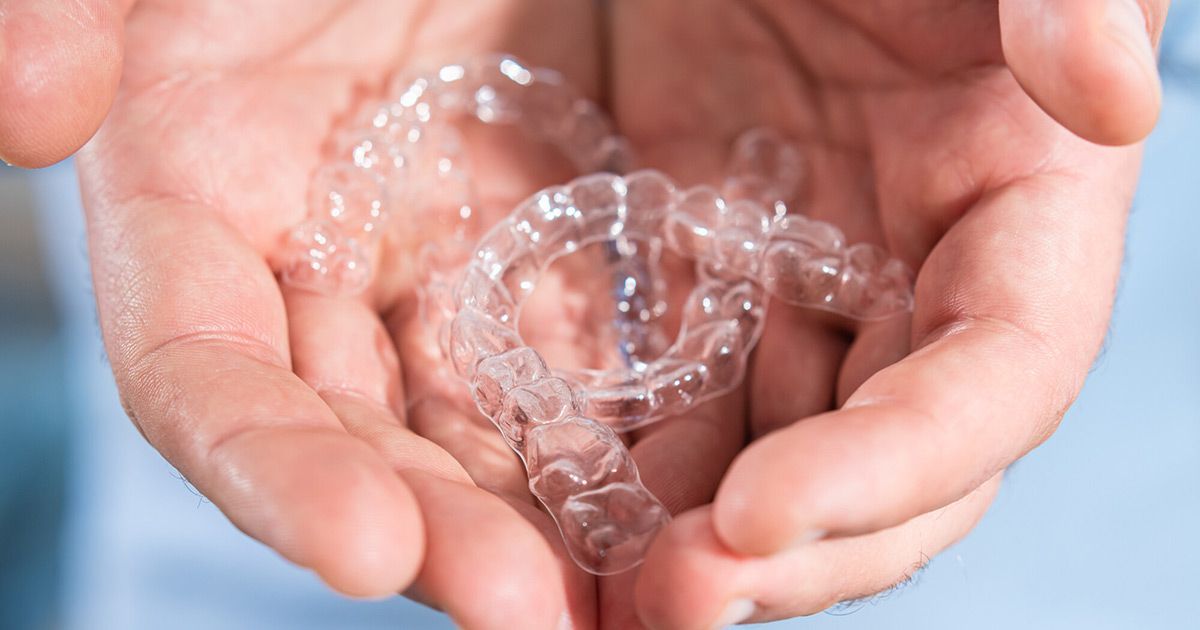Everything You Need to Know About Oral Cancer Screening
Early detection of oral cancer can help prevent it from spreading to other areas. Click now to learn the basics of oral cancer screening.
When people think about cancer sites, they think about the breasts or the prostate. But they should also consider the mouth and throat.
The National Cancer Institute estimates that there will be 54,010 new cases of oral cancer in 2021. This is a high number. Yet the five-year survival rate is 66.9 percent.
One reason for the substantial survival rate is oral cancer screening. Dentists are trained to look for the symptoms and signs of oral cancer.
What are the risks of oral cancer? What are some of its symptoms? What can a dentist do to detect it?
Answer these questions and you can decrease your cancer risk. Here is your quick guide.
Oral Cancer Risks
Cells reproduce by splitting and making identical copies of themselves. Cancers occur when cells divide and grow at abnormal rates. This generally occurs when their DNA has mutated in some fashion.
You can be at higher risk for oral cancer in a few different ways. 90 percent of people who have oral cancer smoke or chew tobacco. Tobacco has cancer-causing substances called carcinogens, which can linger in the mouth and damage cells.
Alcohol also has carcinogens. People who drink excessive amounts or swish alcohol in their mouths can trigger cell mutations.
Age increases the risk for cancer. According to the American Cancer Society, the average age of people diagnosed with mouth and throat cancer is 63.
The human papillomavirus (HPV) is a sexually transmitted virus. It can linger in the mouth and throat and damage cells. Ultraviolet rays from the sun can also cause cell damage, especially on the lips.
Your dentist may recommend early cancer detection because yo
u fall under one or more risk factors. Do not panic if your dentist recommends you for screening. There are plenty of people who have these risk factors and don't have mouth cancer.
Early Signs of Oral Cancer
Your dentist may advise you for screening if you report signs of cancer. The most common sign is a lump or sore in the mouth or throat.
It may appear white or red. It may stay in the mouth for weeks or months. Some sores start to bleed and do not stop.
Another common sign is difficulty chewing. It might be hard to swallow or carry food in the back of the mouth. You may experience pain or stiffness when moving your tongue or jaw.
Other signs include unexpected weight loss and pain. If you notice these signs for more than two weeks, you should go to your doctor.
You can have these signs without having cancer. A sore could be a symptom of a bacterial infection. Get a differential diagnosis from your physician, then go to your dentist.
Oral Cancer Screening Procedures
If your dentist sees nothing unusual, they will tell you so. They may give you some advice on how to treat your pain and manage your symptoms.
Follow-up Visits
Even if your dentist sees no signs of cancer, they may ask for a follow-up visit. Perform your normal dental hygiene procedures like brushing your teeth twice a day. Write down a note if you notice any signs of discomfort.
When you go to your follow-up, tell your dentist what you are experiencing. They may ask you to go to your doctor, or they may perform another screening. If they don't notice cancer again, you should get examined for another condition.
It may take several days to receive results from a biopsy. Be patient. Contact your dentist if you have any questions.
If you are diagnosed with cancer, you can receive oral cancer treatment. This includes surgery to remove tumors, chemotherapy, and radiation. You can receive treatment even if your cancer has spread.
Get Your Screening Today
Oral cancer screening can save your life. Oral cancer risks include smoking, old age, and exposure to HPV. Your dentist may advise screening on risk factors alone.
Symptoms of oral cancer include abnormal lumps in the mouth or throat. These lumps may cause pain or bleeding.
Screening involves visual examinations of the face and mouth. If your dentist notices a lump, they can perform a biopsy. They will conduct follow-ups to see if your symptoms have changed.
Don't wait to get screened. Georgetown Family Dentistry serves the Essex County area. Book an appointment today.





